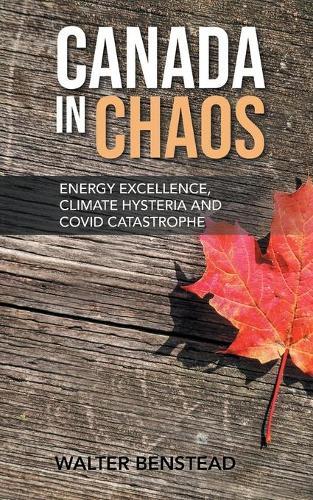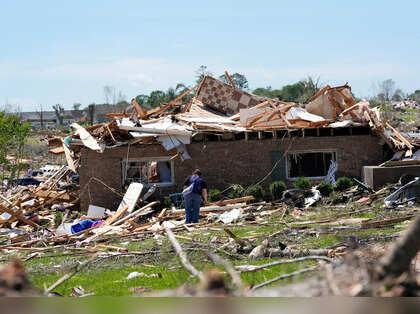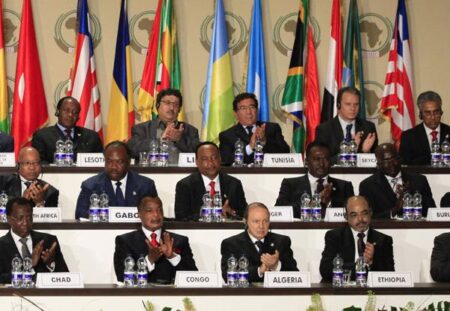Canada stands firm amid uncertainty, boldly charting a course toward dynamic leadership in a rapidly changing world. The Hill Times explores how the nation’s cutting-edge strategies are building an unstoppable path to the future
Browsing: crisis management
In a noteworthy turn of events, “Operation Shield” has led to the postponement of civil defense mock drills in states adjacent to Pakistan. Officials have attributed this delay to ‘administrative reasons,’ sparking concerns about our readiness in light of persistent security challenges.
India is witnessing a concerning spike in Covid-19 cases, with numbers surpassing 1,000. In response, states are ramping up their alert levels to tackle this resurgence. Health officials are urging everyone to stay vigilant and prioritize vaccination as they implement strategies to combat the increasing infections. Stay tuned for detailed state-wise data that is currently under review.
In the captivating article “Contando Estrelas,” we delve into the starkly different reactions to recent blackouts in Spain and Cannes. On one hand, Spanish socialists are uniting to foster community support during this challenging time, showcasing resilience and solidarity. Meanwhile, Cannes finds itself under fire for its perceived elitism, shedding light on the deep social divide that persists. This juxtaposition not only reveals the varied approaches to crisis management but also invites us to reflect on our values as a society.
Devastating storms have unleashed chaos in the south of France, resulting in tragic flooding that has claimed lives and prompted urgent emergency responses throughout the impacted areas. Rescuers are working around the clock to help those stranded, while communities come together to navigate the challenging aftermath of this catastrophic weather event.
A sudden network outage has swept across Spain, just weeks after a significant blackout left the nation in disarray. This latest disruption has hit internet and telecommunications hard, leaving countless individuals cut off from vital services. Authorities are actively probing the root cause of these unsettling interruptions.
Germany and Italy have voiced their worries that European leaders are still “far from” achieving a consensus on troop deployment in Ukraine. These comments arise during a time of escalating tensions in the region, making it increasingly challenging to forge a united diplomatic response
A major telecom outage has hit Spain, throwing communications into chaos nationwide. In a proactive move, emergency services are sharing alternative contact numbers to keep everyone safe and connected. Meanwhile, authorities are hard at work investigating the root cause of this disruption.
In the wake of Donald Trump’s bold proposal to engage in potential Russia-Ukraine peace talks, a surge of diplomatic discussions has ignited. World leaders are now carefully considering the ramifications of his involvement, as the dialogue surrounding conflict resolution heats up.
Japan, China, South Korea, and ASEAN nations are coming together to fortify their regional financial safety net. This exciting collaboration is designed to boost economic stability and enhance resilience against potential financial crises, showcasing a powerful united front in the realm of economic governance.
As worries about energy stability mount, France is taking a closer look at its ability to withstand potential major power outages. With an aging infrastructure and increasing demand, experts are sounding the alarm that systemic vulnerabilities could jeopardize the nation’s energy security.
Travel chaos in Spain and Portugal lingers as recovery efforts intensify after recent power outages. Although electricity has been restored, thousands of travelers across the Iberian Peninsula are still grappling with ongoing delays and cancellations at airports and train stations.
A recent power outage in Spain and Portugal caught many card users off guard, as electronic payment systems came to a standstill. With businesses unable to process transactions, customers found themselves scrambling for cash, shining a spotlight on the vulnerabilities within the region’s infrastructure.
A recent survey has unveiled an intriguing insight: a remarkable 70% of Spaniards feel confident they could survive for 72 hours without any outside help during an emergency. This statistic not only underscores a rising sense of awareness and preparedness among the populace but also raises important questions about how truly ready we are when faced with critical situations.
Germany faces a crisis as infrastructure deteriorates and political divisions deepen. The newly formed government aims to address these challenges through ambitious reforms and investment in sustainable projects, seeking to restore stability and unity across the nation.
Russia’s spy chief has warned that both Russia and Belarus are prepared to respond to what he describes as escalating tensions in Europe surrounding the situation in Ukraine. This statement underscores growing concerns over regional stability amid ongoing geopolitical conflicts.
The UK government is set to take emergency control of British Steel amid escalating financial challenges, potentially paving the way for nationalisation. This move aims to safeguard jobs and stabilize the struggling steel industry, sources indicate.
In a coordinated effort, Germany, Greece, Hungary, and several other EU nations have issued survival alerts to citizens, urging preparedness for potential war, cyberattacks, and extreme weather. The tourism sector braces for disruptions amid rising tensions and climate challenges.
Five years after Germany implemented its first COVID-19 lockdown, the nation reflects on the profound societal and economic impacts. From health policies to vaccination campaigns, the pandemic has reshaped public life and informed future crisis response strategies.
Japan has announced an emergency evacuation plan for 120,000 residents of its southern islands near Taiwan. This proactive measure aims to ensure public safety amid regional tensions and potential natural disasters, highlighting the government’s commitment to preparedness.


















